Nedetid på udstyr er dyrt og en kilde til sikkerhedsmæssige og juridiske udfordringer. I dag anvender organisationer en konservativ plan for forebyggende vedligehold, som er uafhængig af udstyrets tilstand. Dette resulterer i unødvendige omkostninger til service og lejlighedsvise afbrydelser af produktionen på grund af uventede fejl.
Derfor er det afgørende inden for mange områder at gå fra almindelig vedligehold til forebyggende vedligehold. Rapporten ‘An AI Nation: Harnessing the Opportunity of Artificial Intelligence in Denmark’ anslår, at man ved anvendelse af forebyggende vedligehold vha. kunstig intellignes potentielt kan betyde en besparelse i den private sektor i Danmark på 14-19 milliarder.
I samarbejde med virksomhedspartnere sigter dette projekt mod at nå frem til, hvordan AI og datadrevne metoder kan løse problemet, så virksomheder får mindst muligt spildtid, når deres produktion står stille.
Projektperiode: 2020-2024
Budget: DKK 12,24 million
The research aim of the project is methods and tools that enable industry to develop new solutions with accurate AI-based maintenance predictions on edge-based software platforms.
The resulting applications must be deployed to collect and process large amounts of data locally. This data feeds high accuracy predictive models deployed at the edge, adapted to changing local conditions, and maintained with minimum intervention from operators.
These models should cover abstractions allowing the understanding of relevant dependencies in the data. The key research problem is to devise architectures and solutions that scale to the entire fleets of equipment with accurate AI predictions.
This also requires that resources in terms of processing power, storage and communication, are optimised in order to obtain low-power and real-time performance, leading to a resource efficiency vs prediction accuracy trade-off. The project will establish a bridge to enable Danish companies to develop and use AI-based predictive maintenance within several domains.
Scientific value
The scientific value of the project is new methods and tools and associated knowledge of their performance and properties in field tests. These are important contributions to provide excellent knowledge to Danish companies and education programs within AI and IoT.
Capacity building
For capacity building the value of the project is to educate 3 PhD students (including 1 Industrial PhD) and 1 Post Doc in close collaboration with industry. The open source availability of general project outcomes and industry collaboration enable several exploitation paths. In addition, for the master-level the projects will offer an industry program to 15 students at 3 universities.
Business and societal value
The business and societal value is on a national level estimated to a 14-19 billion potential for the Danish private sector. In the project we target both the medical, robotic, industrial and energy sectors. These are Danish frontrunners in adopting the technology and creating inspiration for wider adoption by the Danish private sector. For the public sector enabling equipment with higher operation efficiency will positively impact the efficiency of the sector.
Det anslås at man ved at gøre brug af predictive maintenance vha. kunstig intelligens kan opnå en potentiel besparelse på 14-19 millarder i den private sektor i Danmark.
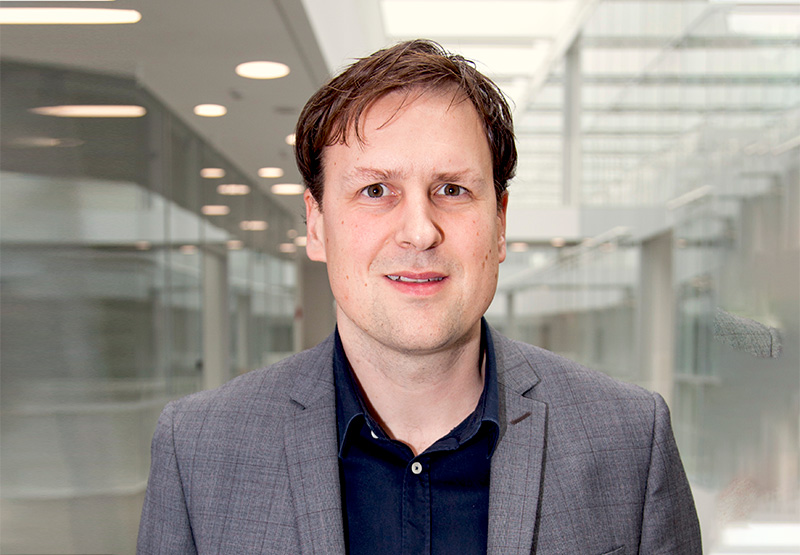
University of Southern Denmark
The Maersk Mc-Kinney Moller Institute
E: mbkj@mmmi.sdu.dk
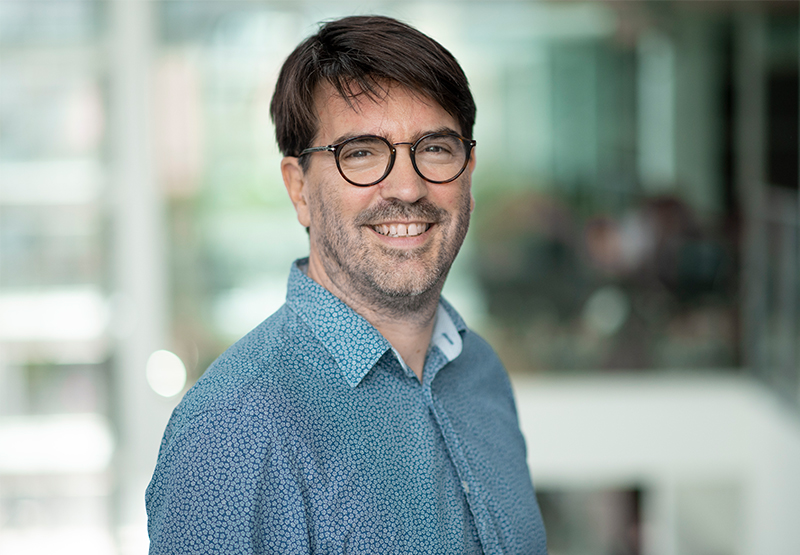
IT University of Copenhagen
Department of Computer Science
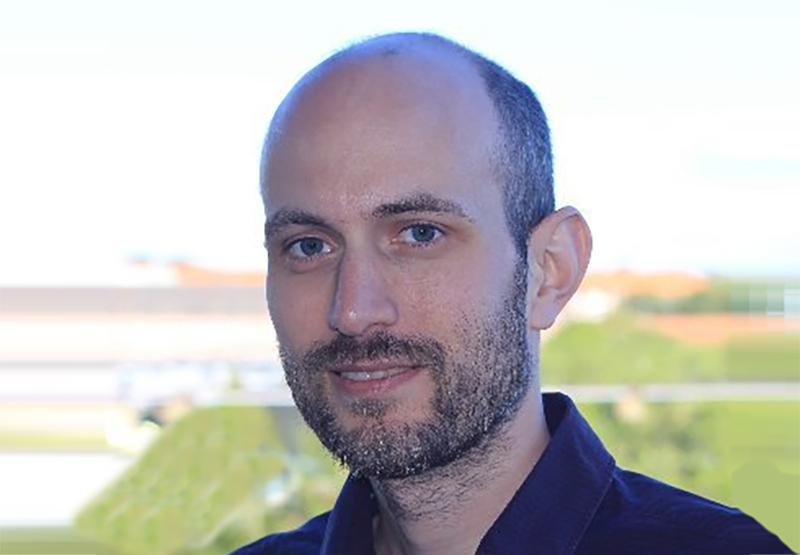
Technical University of Denmark
Dept. of Applied Mathematics and Computer Science

Technical University of Denmark
DTU Compute

The Alexandra Institute

The Alexandra Institute

Octavic

IT University of Copenhagen
Department of Computer Science

Universal Robots

University of Southern Denmark
The Maersk-McKinney Moller Institute

Technical University of Denmark
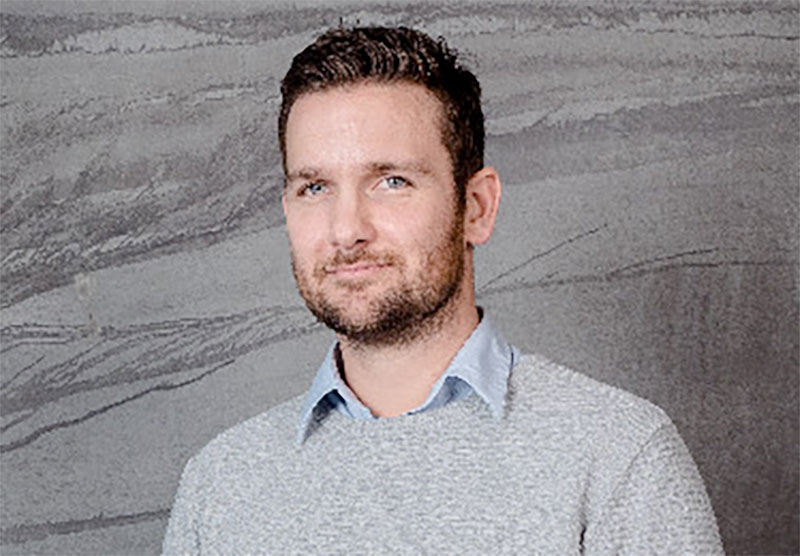
Universal Robots
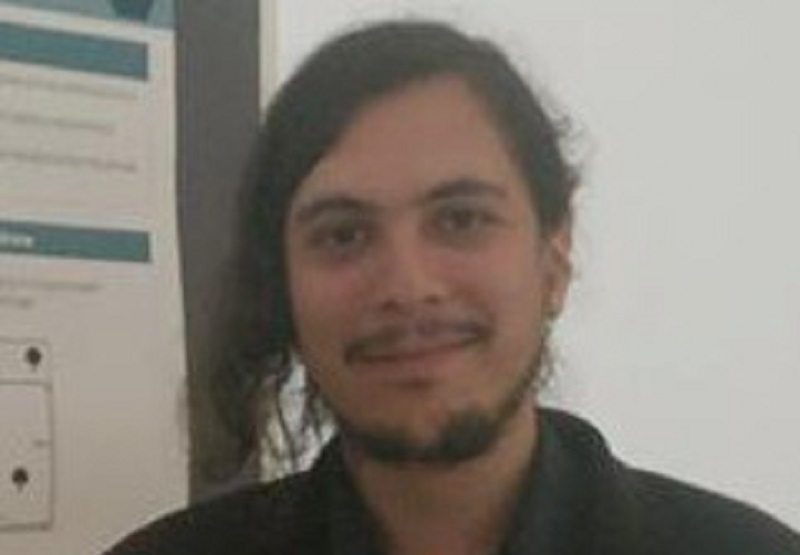
University of Southern Denmark







